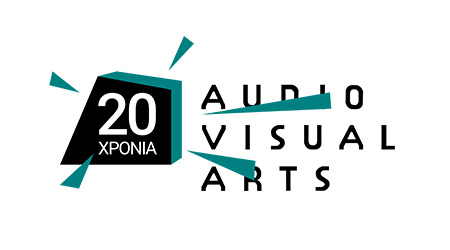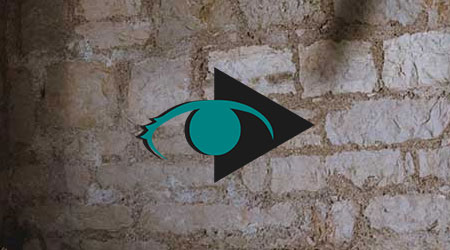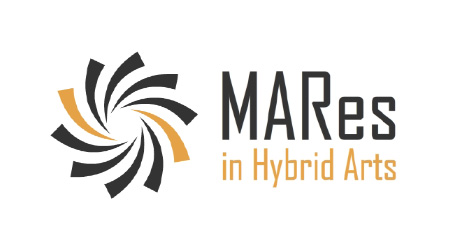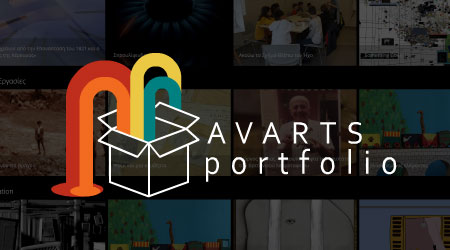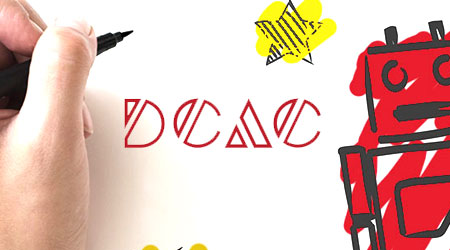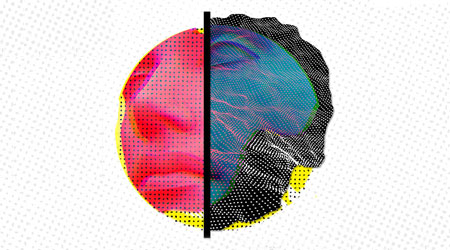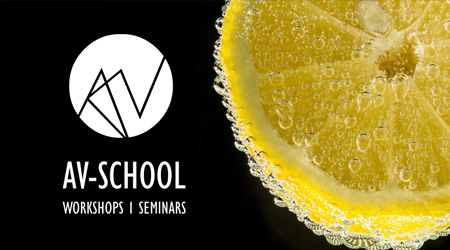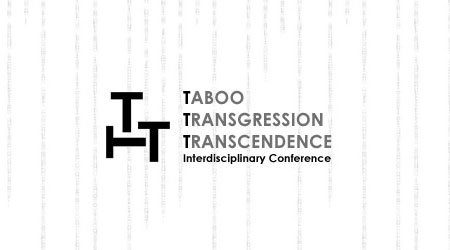Digital Image Processing II
Teaching Staff: Vlachos Theodoros
Course Code: VIS932
Course Category: Specific Background
Course Type: Elective
Course Level: Undergraduate
Course Language: Greek
Delivery method: Lectures
Semester: 9th
ECTS: 7
Teaching Units: 4
Teaching Hours: 4
E Class Page: https://opencourses.ionio.gr/modules/contact/index.php?course_id=274
Teaching Structure:
| Activity | Semester Workload |
|---|---|
| Lectures | 26 |
| Lab Practice | 26 |
| Literature Study and Analysis | 80 |
| Practice and Preparation | 43 |
| Course Total (ECTS: 7) | 175 |
Recquired / Recommended : TEC411, VIS832
An intermediate-level course on digital image analysis and processing in the frequency domain as well as analysis and processing of digital colour images
To provide a basic understanding of the fundamental principles underlying the analysis and properties of digital images in the frequency domain and aspects of colour theory. To familiarise students with basic processing algorithms and to promote their problem-solving skills in the field.
1st Week Revision of fundamentals of image processing in the data domain
2nd Week Revision of complex number analysis and theory tools
3rd Week Introduction to the Discrete Fourier Transform
4th Week The 2-D Discrete Fourier Transform
5th Week Introductory notions of filtering in the frequency domain
6th Week 2-D filtering in the frequency domain
7th Week Design methodologies for low-, high- and band-pass 2-D filters
8th Week Comparative study of data vs. frequency domain filtering. Edge detectors in the frequency domain
9th Week Introduction to the theory of human colour vision and colour theory
10th Week Colour spaces. Pseudocolouring algorithms
11th Week Linear and non-linear chromatic tonal transformations
12th Week Colour detection and restoration algorithms
13th Week Colour filtering and enhancement algorithms
(in Greek)
Ν. Παπαμάρκος, Ψηφιακή Επεξεργασία και Ανάλυση Εικόνας
Ι. Πήτας, Ψηφιακή Επεξεργασία Εικόνας
Lectures and laboratory demonstration
Enhanced by multimedia content.
The learning process is supported by the asyncrhonous e-learning platform e-class.
In-situ laboratory assignment
Back
| << | < | March 2026 |
> | >> | ||
| Mo | Tu | We | Th | Fr | Sa | Su |
1 |
||||||
2 |
3 |
4 |
5 |
6 |
7 |
8 |
9 |
10 |
11 |
12 |
13 |
14 |
15 |
16 |
17 |
18 |
19 |
20 |
21 |
22 |
23 |
24 |
25 |
26 |
27 |
28 |
29 |
30 |
31 |
|||||
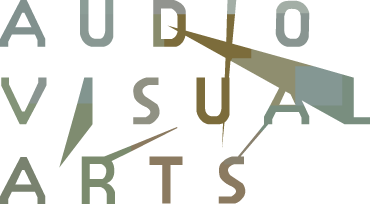


 Digital Image Processing II
Digital Image Processing II
